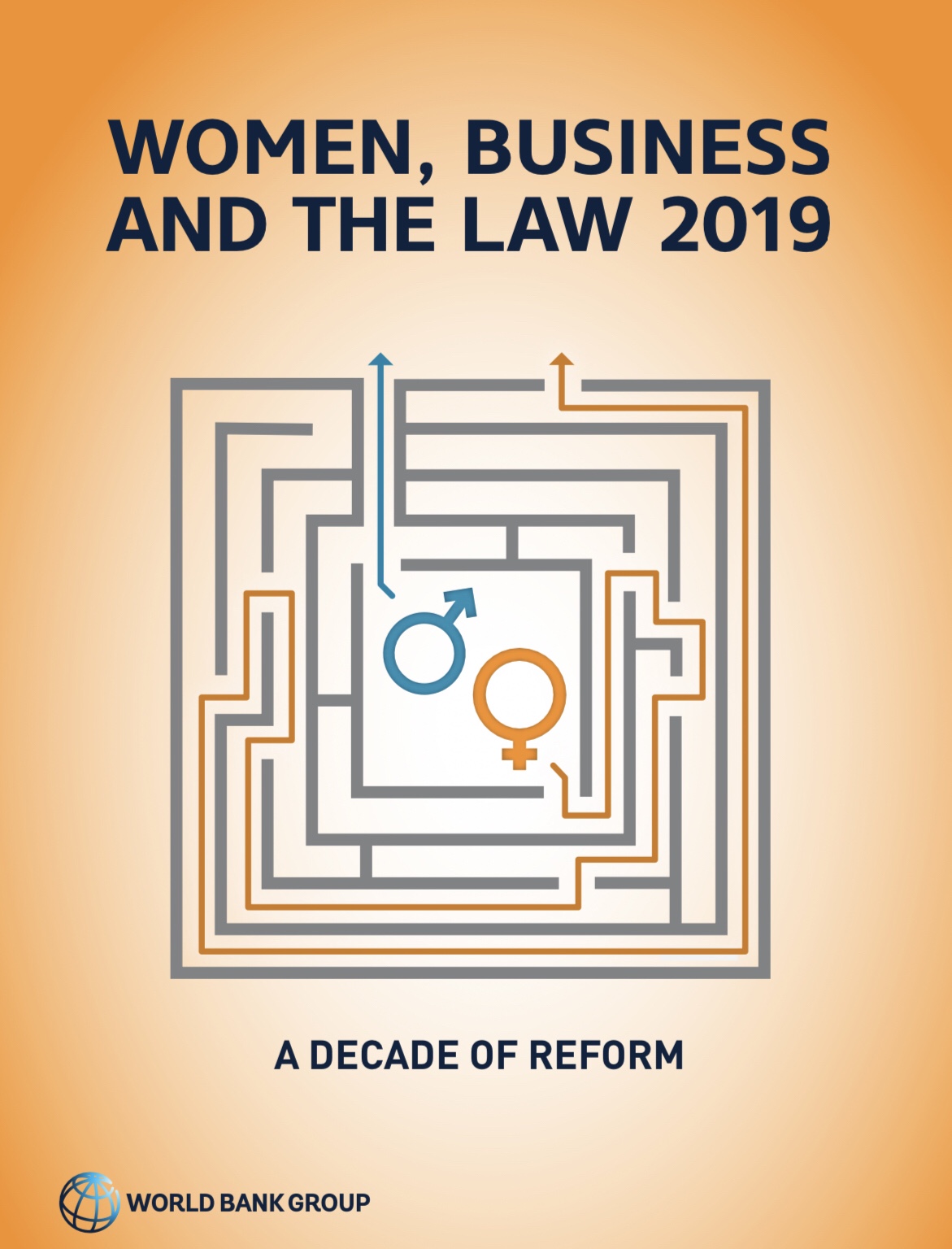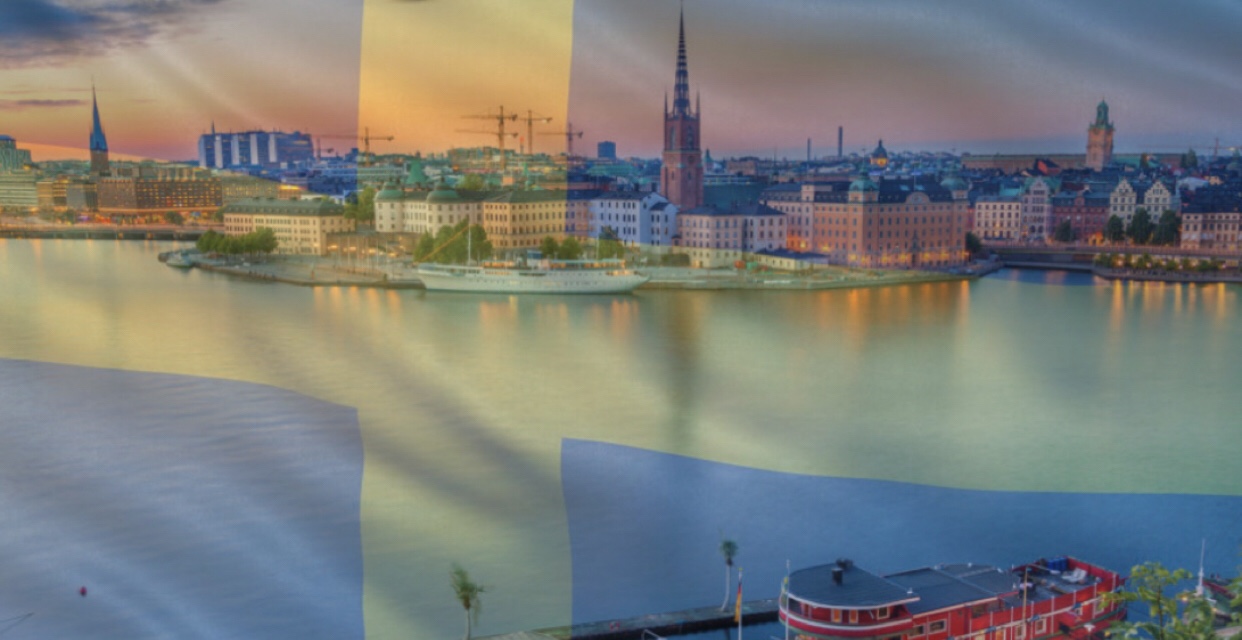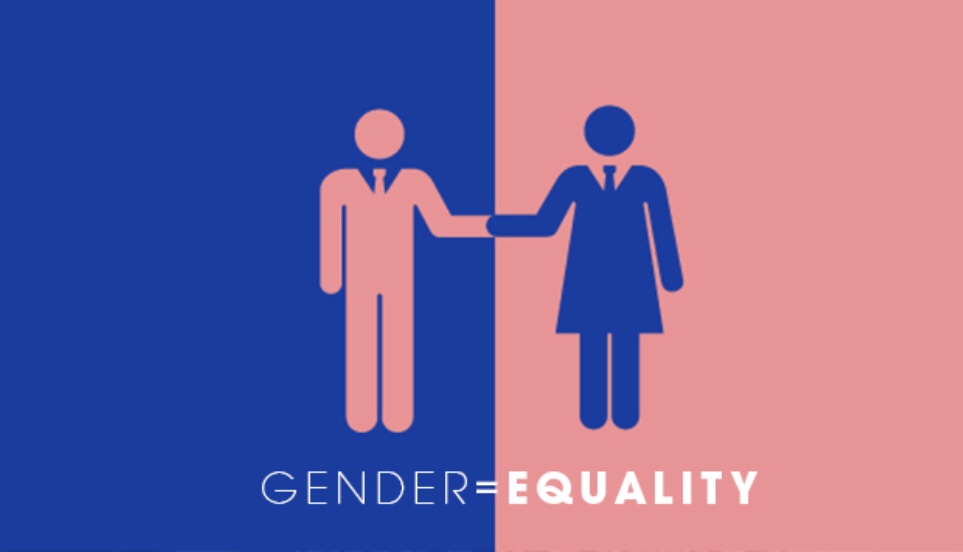Only six countries in the world are equal, Sweden is one of them
In ten years, the world have moved from zero-equal countries to six, the World Bank says in a new report on economic equality. Sweden gets full score on the World Bank’s gender equality scale, along with Belgium, Denmark, France, Latvia and Luxembourg.

The focus of the study is to investigate how it stands in the world when it comes to economic equality. The World Bank has looked at several aspects, how it is for women and men to go to different places, how to control their assets, how the working conditions, pension and wages look, and areas related to marriage and children in 187 countries.
“We have looked at different choices that women must make during their lives and how laws and restrictions make it more difficult for women precisely because they are women,” says Rita Ramalho, head of the World Bank’s data collection and one of the co-authors of the report “Women, Business and the Law 2019: A Decade of Reform “.

During a ten-year period, the data has been collected. When in 2009, there was no country in the world that met the criteria required to be defined as an equal country. This year, six countries achieve full equality in the aforementioned areas: Belgium, Denmark, France, Latvia, Luxembourg and Sweden.
Over the past decade, 35 countries have introduced laws against sexual harassment in workplaces and 22 countries have removed restrictions that hinder women in working life. But it is France that has made the biggest already when it comes to gender equality in the country, it says in the report.

“It does not mean that there is no room for improvement. For example, there are still large pay differences left”, says Rita Ramalho.
Even though economic inequality is diminishing, women still have just over 75 percent of men’s economic rights and opportunities, the World Bank shows.
Countries make money from equal rights
What the report does not collect data on are the social and cultural aspects that exist in different countries and how laws are maintained.

Equality also looks different in different parts of the world. In some countries in the Middle East and Africa, women do not even have half the rights of men. But in southern Asia, for example, the results showed improvements.
“We need to inform and make people more aware that countries are losing money by not giving equal rights to women. In addition to giving equal rights to women, this also has an economic value, which increases among other countries’ GDP”, says Rita Ramalho.
But it’s not a quick way to a fully-fledged world, CNN notes. Based on the World Bank’s most recent report, the American TV channel has calculated that it will be until 2073 before women become completely equal in the areas that the report measures.
You can read the World Bank report here: WOMEN, BUSINESS AND THE LAW 2019
You must be logged in to post a comment.